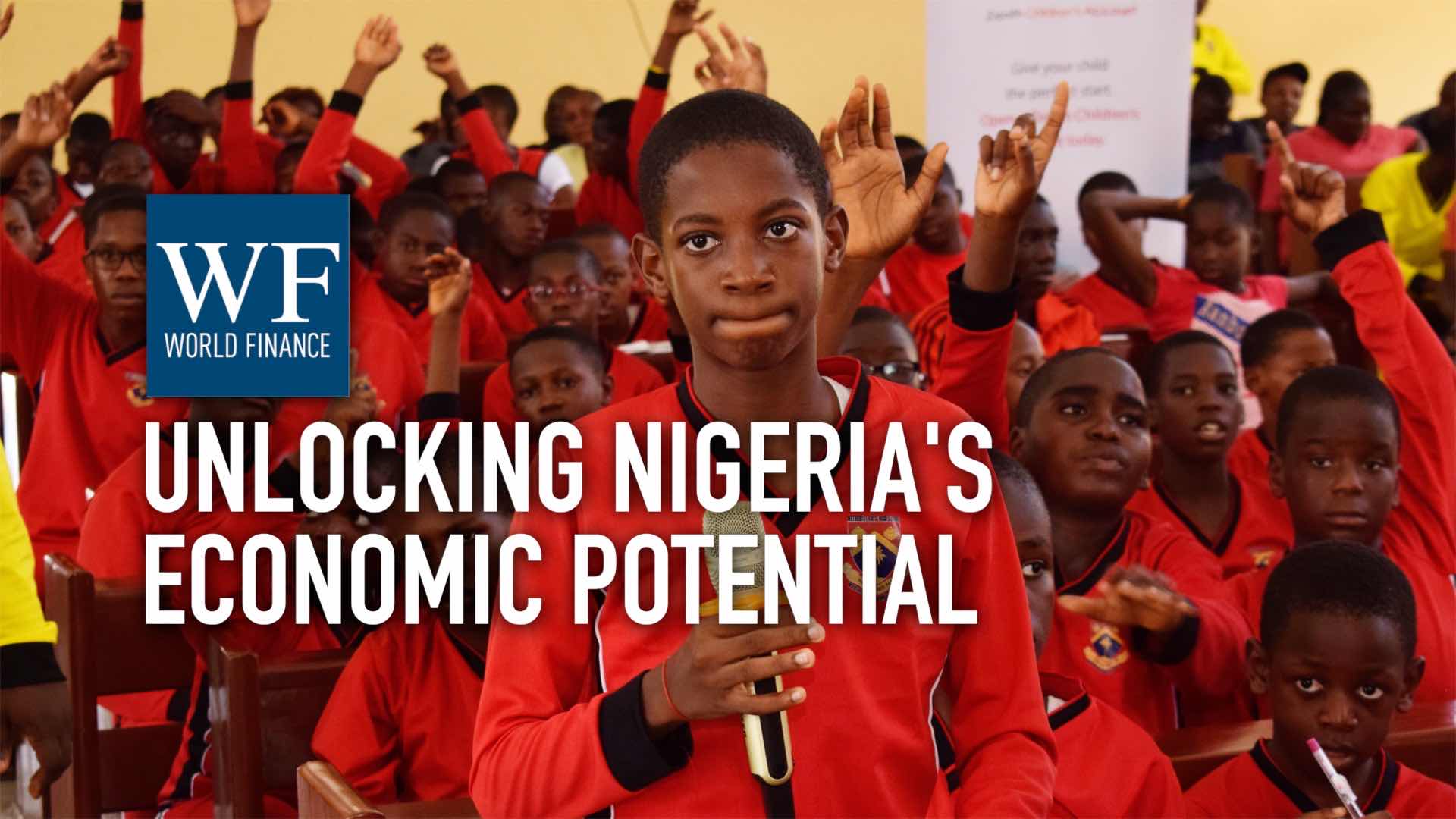Crédito Real’s acquisitions strategy brings stability and higher yields
Carlos Ochoa discusses the benefits that diversifying into Costa Rica and the US has brought the microfinance company
Related:
Transcript
Crédito Real has 25 years of experience providing credit facilities in Mexico. The business focuses on clients who are underserved by the traditional banking sector; a potential base of more than 50 million people. Over the last few years the business has grown this base with some key acquisitions, including Instacredit in Costa Rica, and Don Carro in the US. Deputy CEO and CFO Carlos Ochoa explains the strategic benefits of these latest acquisitions, and their performance so far. He also touches on the company’s risk management and corporate governance credentials, and points towards more inorganic growth in the future.
World Finance: Carlos, thanks for coming in; talk me through these acquisitions, first Instacredit. What made it an attractive asset, and how has it performed so far?
Carlos Ochoa: Instacredit is based on Costa Rica, and it has operations in Nicaragua and Panama as well. It was attractive because these three countries are very stable economies, especially at the time when, in Mexico, things didn’t look so certain, you know, given all the political changes, both in Mexico or in the US.
So, by having Instacredit we were able to grow 30 percent in a year. That was a key element. And also we gained access to these stable markets, with stable currencies; and more importantly with high yield financial products.
So in a time in which Mexico, the interest rates were hiking; adding this particular product to our mix provided us some comfort.
World Finance: And Don Carro in the US; what’s the strategic benefit there?
Carlos Ochoa: Well, Don Carro provides credit facilities for the acquisition of cars to the hispanic community.
Our core business relies on finding those segments of the population underserved traditionally by the banks. Don Carro is a good example of that, and was our entry point to one of the largest markets in the world.
There are about 54-55 million hispanic people living in the US. They could make seven, eight times more what they make in their native countries. So that’s the potential that we see in the US.
World Finance: But with the recent anti-immigration sentiment in the US, it must expose you to a certain political risk.
Carlos Ochoa: Yes… I mean, we see that potential risk, but the market would still be enormous. I mean, even if a lot of people get deported, you would still have many millions to serve.
World Finance: Other risks you’re exposed to include currency fluctuations and the risk of increasing interest rates; how are you controlling and mitigating these?
Carlos Ochoa: Well, we have no forex risk; most of the debt that we have issued on the international markets is hedged into dollars, or into the local currencies that we work in. On the other hand, what we did in order to cope with interest rates hike exposure which we lived in Mexico, especially in the last couple of years, is we’ve been increasing the fixed part of our debt to over half of it.
World Finance: The Mexican Stock Exchange has rewarded your strong corporate governance; what measures have you taken to achieve this?
Carlos Ochoa: The most important element is transparency. We have an active board with a very active executive committee, and they are committed to transparency with all their stakeholders. And we have a very active IR team – I mean, we attend conferences all over the world, and that’s the way we communicate with them.
World Finance: And what does the future hold for Crédito Real? Are you targeting new markets?
Carlos Ochoa: There are a couple of large opportunities; and the US is going to be an important driver of growth in the years to come.
But also, if you see Mexico as an emerging market, as an emerging country, it is one of the most under-penetrated, financially. So the growth opportunities are also there.
World Finance: Carlos, thank you very much.
Carlos Ochoa: Thank you.

 Banco Popular Dominicano: Digitalising Dominican finance
Banco Popular Dominicano: Digitalising Dominican finance From zero to hero: with support for SMEs to MNCs, Zenith is unlocking Nigeria’s potential
From zero to hero: with support for SMEs to MNCs, Zenith is unlocking Nigeria’s potential
